
Sustainability
Insights from Atos
The most often used definition of sustainability comes from the UN World Commission on Environment and Development: “sustainable development is development that meets the needs of the present without compromising the ability of future generations to meet their own needs”. Sustainability is becoming increasingly important and urgent because, despite making progress in areas such as clean water, sanitation, clean energy and forest management, the world is still living unsustainably, and biodiversity and climate change have continued to deteriorate.1
Technology has a key role to play in addressing the sustainability challenges and in meeting the goals. Therefore, sustainability has and will gain an even more prominent place in ITEA (and the Eureka Clusters) in the near future. Smart energy, for example, is the new key challenge that has recently been added to ITEA’s main challenges and it immediately was picked up by the ITEA Community during the Online ITEA PO Days 2021. Several other initiatives are in preparation.
It is important that industry, as a major consumer and polluter but also as a powerful game-changer, takes the lead in making the world more sustainable. Indeed, many companies already started along this path quite some time ago. We are proud that in this ITEA Magazine, Alexandra Knupe, Group Head for Corporate Social Responsibility at Atos, ITEA Board member, shares her views and takes us along their path.
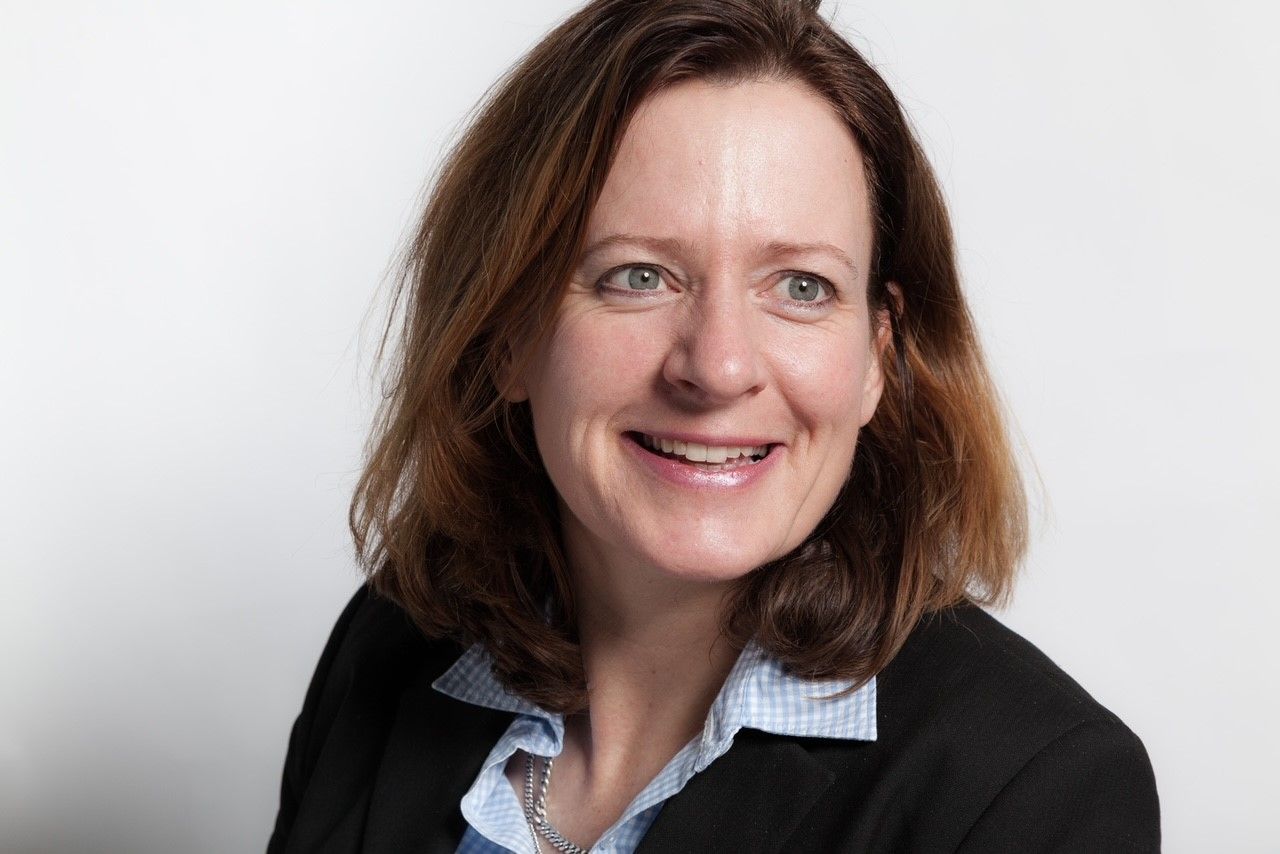
Group Head for Corporate Social Responsibility Atos
‘Raison d’être’ of Atos
“At Atos, we are fully aware of our responsibility towards society at large and have been making our contribution, in particular in the fight against climate change for many years. In this respect, we follow the Sustainable Development Goals (SDG) principles. “We started our Corporate Social Responsibility (CSR) journey 10 years ago. Today we lead our sector in Environment, Social and Governance (ESG) relevance. Atos is constantly rated by leading CSR ratings agencies, e.g. in the Dow Jones Sustainability Index in 2020, as one of the best CSR performing companies in its sector.
“Decarbonisation is one of our integral objectives and tied into our ‘purpose’ (or ‘raison d’être’) at Atos, which is to help design the future of the information space and enable our customers, employees and members of societies at large to live, work and develop sustainably, in a safe and secure information space. Today it is essential, mandatory even, for every business to commit to non-financial reporting on sustainability (Corporate Social Responsibility) KPIs. Fundamental business decisions are based on sustainable objectives and the reported results of a company – any stakeholder looking to buy, partner, work or invest in Atos bases their decisions on this sustainable performance. Atos’ clients also have sustainability goals and, like Atos, are facing increasingly ambitious requirements, especially in the fight against climate change. Atos supports them in achieving these targets and offers consulting and solutions to reduce their carbon footprint with the help of digital technologies.
“It is therefore important that Atos leads by example, and we show this through our ambition to reach ‘net zero’ by 2028: to reduce the global carbon emissions under our control and influence by 50% by 2025 and to offset all of Atos’s residual emissions by 2028.”
Challenges, initiatives and added value
“The biggest challenge is the definition of ambitious but achievable targets, the consistent development and management of the necessary programmes and the definition of key performance indicators (KPIs). Ideally, target setting and the definition of KPIs should follow recognised guidelines, such as those proposed by SBTi (Science Based Targets initiative). Standards in environmental management facilitate transparent reporting and comparability of data. “Ambitious environmental goals also require the participation of all stakeholders in a value chain. Only when suppliers, providers and customers work together on the transparency of environmental data can emissions be significantly reduced.”
“Looking forward, Atos is committed to embody sustainability in all areas of its business and especially in regard to its customers, people, environment and the ethical and compliance standards under which it operates. Atos’ ambition is to act as a trusted partner for all its stakeholders – now and in the long term. We indeed believe our Environment, Social and Governance commitment creates a significant positive impact for our customers, stakeholders and the society at large:
- contributing to the planet’s fight against climate change using Atos digital competencies;
- contributing to social development through diversity, digital education and digital inclusion;
- contributing to economic development through the data economy, protecting our customers from cyber-criminality and unleashing the potential of data spaces and data sharing;”
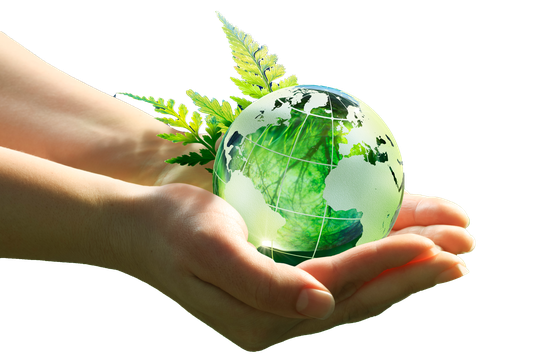
“We believe that decarbonisation is the value-adding dimension to digitalisation. In this respect, leveraging on our recent EcoAct acquisition, we have created comprehensive, end-to-end decarbonisation capabilities to enable and accelerate our customers’ journeys to net zero.”
“For our major contracts, we include binding decarbonisation commitments, so called Decarbonisation Level Agreements (DLA), in a similar way to Service Level Agreements (SLA), by which Atos commits to reduce our customer’s carbon footprint and offset at its expense the CO2 emissions in case of underperformance.”
The role of technology and R&D
“Technology is very important in meeting environmental targets and is usually involved when companies take measures to increase their efficiency in order to reduce their carbon footprint. Take the example of the Digital/Virtual Twin in Manufacturing which is a virtual representation that acts as the real-time digital counterpart of a physical object or process, and ultimately increases efficiency. Technology helps improve a range of business processes to become leaner, smarter, faster and thereby reduces companies’ carbon footprint. Additionally, we need digital solutions in order to measure this.”
“Atos invests in R&D for decarbonisation. Our supercomputers belong to the most energy efficient worldwide (the greenest in Europe), with 70+ patents in this domain. Some ITEA projects have contributed to develop some of them. Furthermore, we do research on supercomputers and data centres powered by green Atoshydrogen, blockchain technologies for recycling performance or quantum technologies enabling creation of new materials absorbing CO2 from the atmosphere.“
“R&D is fundamental in helping Atos to become more sustainable. We aim to demonstrate, in 2023, the operation of a first full production centre using green hydrogen. Atos will provide a complete end-to-end green datacentre solution by designing and providing the hardware, software and integration services that make it possible to exploit the electricity produced by green hydrogen so that it can be used in datacentres. This includes using the most advanced Artificial Intelligence (AI) technologies to optimise energy consumption.”
ITEA innovations for sustainability
In the views shared by Alexandra Knupe, technology is mentioned as an important enabler. For example, Digital/Virtual Twins and Smart engineering can increase efficiency and reduce a company’s carbon footprint. Within ITEA, these are important research topics since many years. Software solutions can contribute, among other things, to the optimisation of renewable energy production, the accurate prediction of energy production and consumption, the real-time balance between energy supply and demand and the management of new charging or storage solutions.
Several ITEA projects have already addressed sustainability issues and you can find a few examples below.
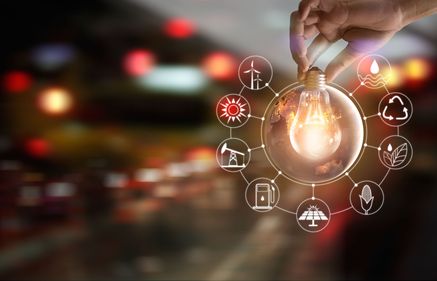
SPEAR - Smart Prognosis of Energy with Allocation of Resources
SPEAR aims to combine real-world production processes with Digital Twins in a simulation environment in order to accurately measure and optimise energy usage. Through its open approach to its optimisation platforms and algorithms, the project aims for uptake by companies of all sizes and a corresponding rise in the use of renewable energy in production plants.





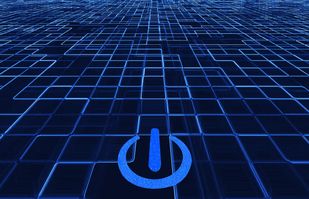
SEAS – Smart Energy Award System
Starting in 2014, the objective of the SEAS project was to enable energy, ICT and automation systems to collaborate at consumption sites, and to introduce dynamic and refined ICT-based solutions to control, monitor and estimate energy consumption. The SEAS revolution is more cost-effective, more green-friendly and more customer focused with streamlined electrical production and consumption...everywhere.







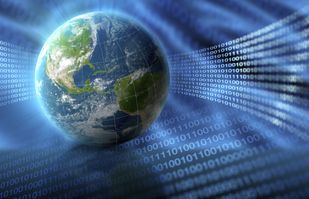
M2MGrids - M2M Internet for dynamic M2M Information Business ecosystem
The project M2MGrids focused on developing enablers to create a dynamic cyber-physical information business ecosystem that connects the physical world with the business processes of companies in real-time. A platform was developed to support an energy flexibility service for balancing the power level and reduction of the peak loads in the distribution grid.






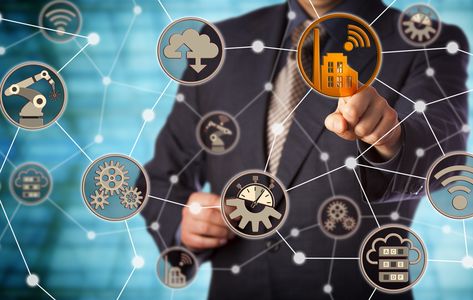
ENERFICIENCY - User Led Energy Efficiency Management workflows
Back in 2011, the ENERFICIENCY project set about developing a comprehensive, flexible and configurable open software platform able to analyse and respond to user needs in managing energy demands and consumption. This way, the huge investments that were being made on the energy supply side could be matched by improvements on the demand side in the efficiency of energy consumption.



ITEA 4 the future
We are very excited to see what comes out of the current ITEA Call where we see an uptake of projects addressing sustainability issues. Moreover, the new initiatives that will start in the near future will also support important innovative solutions that are needed to achieve the proposed sustainability goals and to offer the new generations a good world to live in. All good reasons for the ITEA Community to prepare ambitious research projects targeting sustainable development!
1 UN News May 2021: https://news.un.org/en/story/2021/05/1092532
Other chapters
Use the arrows to view more chapters
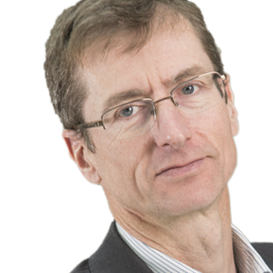
Editorial
By Jean-François Lavignon

Country Focus: Korea
KIAT - A European foothold for global market penetration

Hanyang University
The Engine of Korean Innovation

ITEA Success story: Flex4Apps
Deep customer understanding, backed by data
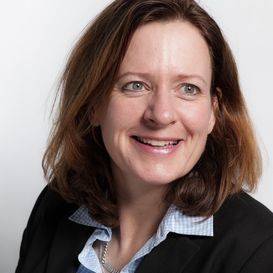
Sustainability
The insights of Atos
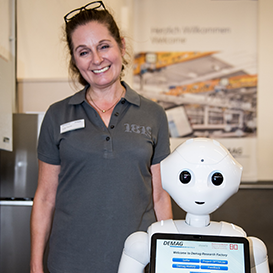
Community talk with Anja Fischer
From a matter of work to a matter of the heart
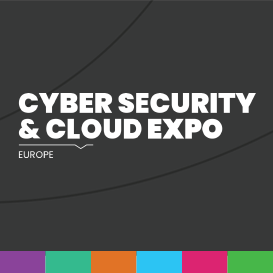
Cyber Security & Cloud Expo 2021
Keeping the focus on customer orientation
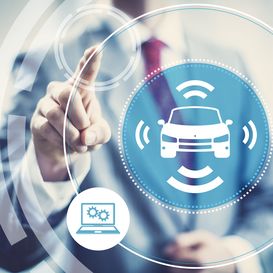
ITEA Success story: DANGUN
Paving the way for the autonomous vehicle revolution
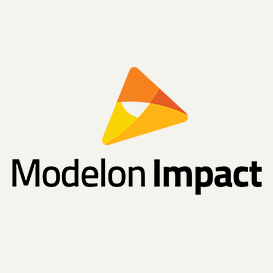
SME in the spotlight: Modelon
Making impact, literally, the next big thing
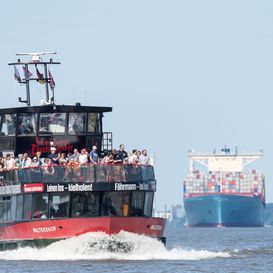
By and for end-users
HPA and I2PANEMA strengthen port ecosystems
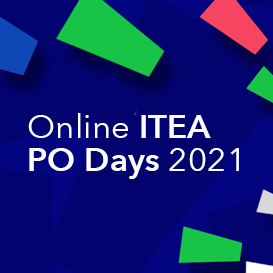
ITEA 4 - And we’re off!
First ITEA 4 Call launched during Online ITEA PO Days 2021

